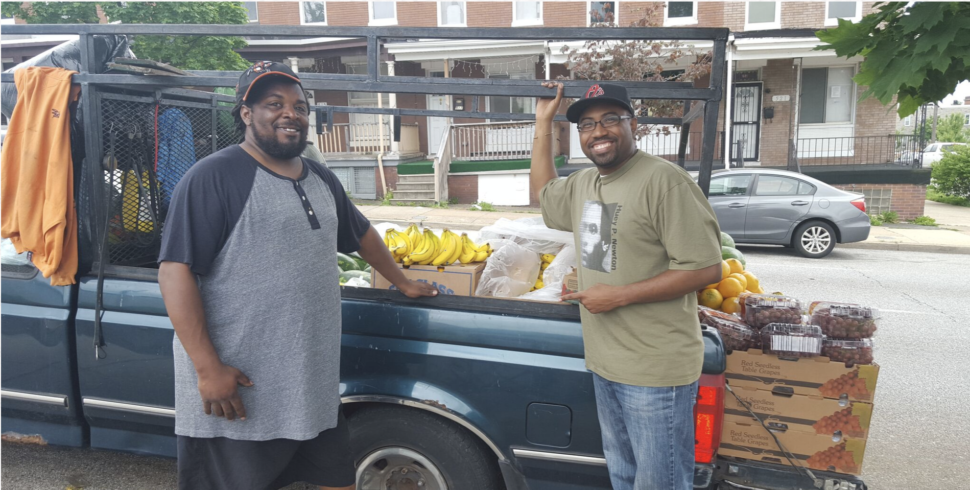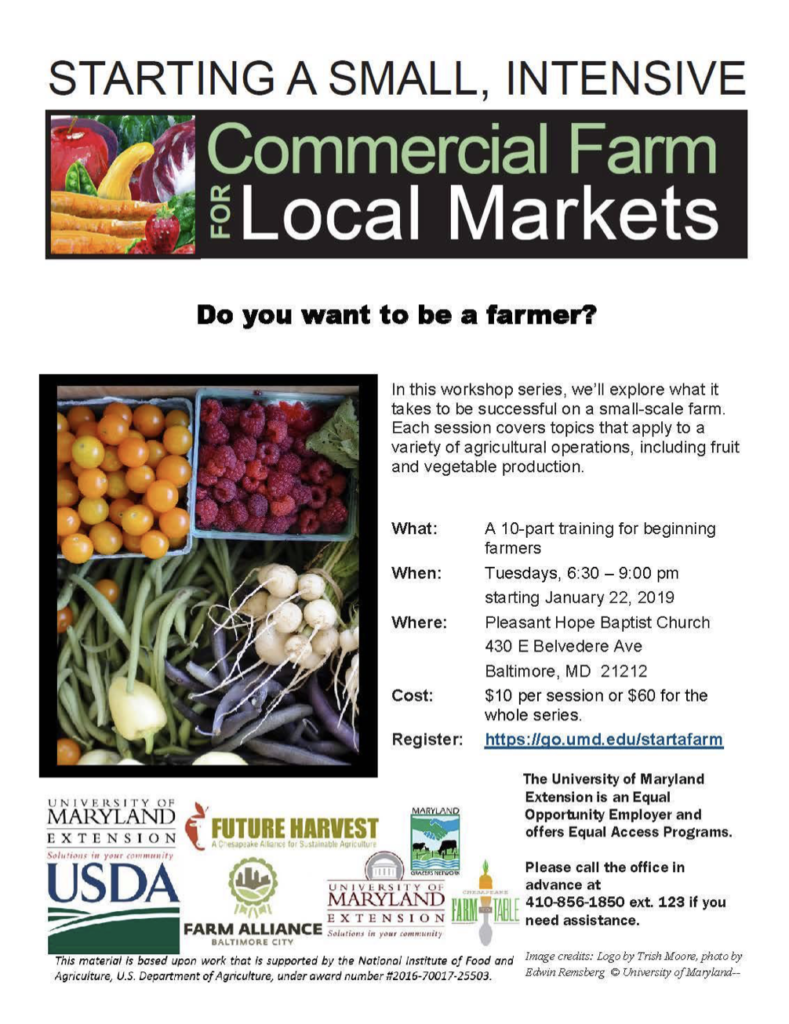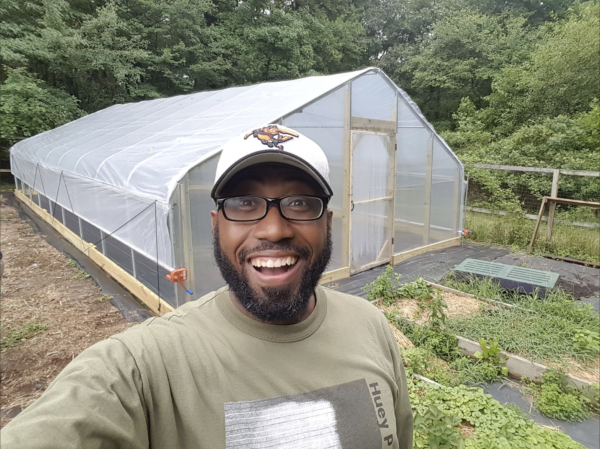For decades, the black church has been known to be a place where people can to get things they need. History will show that churchgoers went to church to get more than just the word.
Rev. Dr. Heber Brown III started to notice that members of Pleasant Hope Baptist Church in Baltimore, Maryland weren’t getting the proper food needed to stay healthy. Many members were suffering from illnesses related to diet but couldn’t afford the food needed. So instead of asking others to help, Brown took matters into his own hands to combat food insecurity. He planted a garden in front of his church on a 1,500-square-foot plot and saw his congregation grow in size as each Sunday rolled by.

Soon he wondered what his influence would look like if other church leaders joined him. In 2015, he started the Black Church Food Security Network, a community-centered, food system that is supported by black churches as well as black farmers with one goal: provide affordable, healthy food options for the less fortunate. “We have people contacting us from all over — different religions, different parts of the city, the phone is always ringing, the emails are always coming in from churches saying, ‘Hey, we want in,’” Brown said. “They see it as important, they recognize that farmers markets are great, but there are gaps that farmers markets are not filling, and African-American farmers, in particular, have unique struggles.”
In the last four years, the network has grown tremendously to other churches in the Baltimore area. Most importantly, areas that lack healthy resources have been rebranded as “healthy food priority areas.” After services on Sunday, Pleasant Hope as well as churches in Virginia, North Carolina, and D.C., host post-Sunday-service pop-up markets called Soil to Sanctuary Community Markets so members can buy produce from black farmers.

Besides the fact that some black churchgoers don’t have the funds to eat healthier, Brown says the BCFSN helps to educate people on how spirituality and agriculture go together. “I think that’s a gross waste of resources,” Brown said. “If your Monday through Saturday approach can include agriculture initiatives, farming or gardening or supporting a local farmer, that’s a big-time plus.”
